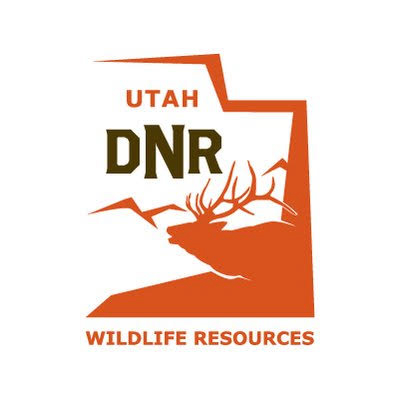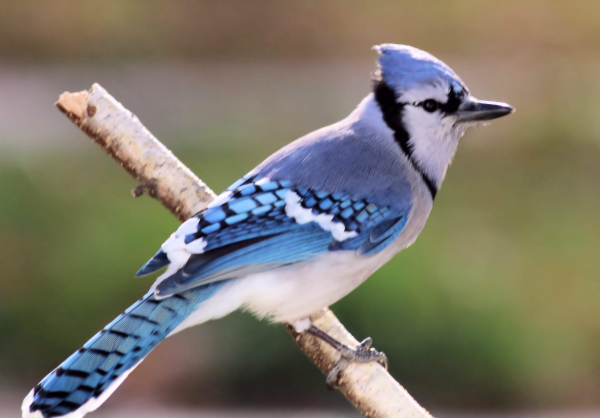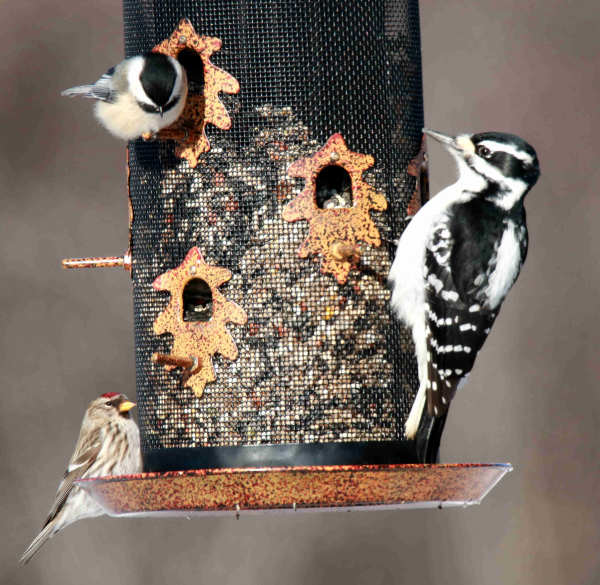Clean Bird Feeders Help Keep Birds Healthy

MONTPELIER, Vt. –Vermont Fish & Wildlife says if you are feeding birds that it’s important to clean those feeders on a regular basis so your feathered visitors don’t become sick.”Feeding birds in the winter is a source of great enjoyment for bird enthusiasts, but it can also cause diseases to spread quickly among wild birds,” says John Buck, the state’s lead biologist on migratory birds. “It is critical to clean those birdfeeders at least once a month in order to prevent a buildup of harmful pathogens.”
Bacteria, viruses, fungi, and parasites can cause diseases such as aspergillosis, salmonella, avian pox, trichomoniasis, andconjunctivitis. Species commonly affected by bird feeder diseases are redpolls, pine siskins, goldfinches, sparrows, and cardinals.
Buck recommends using a solution of one part bleach to nine parts hot water to kill bacteria. Hot water with unscented dish detergent also does an excellent job. Wear rubber gloves to avoid any contamination. Be sure to clean inside and outside surfaces. Bottle brushes work well in tube feeders.
Be sure to thoroughly rinse your feeders to prevent residual chlorine from being ingested by birds. Then, dry the feeders well before filling them again. Any remaining moisture could lead to mold and mildew that can cause rotten, unhealthy seed.
Also, take time to remove seed and droppings in nearby areas where birds congregate. Birds can spill seed and leave debris several feet away from feeders.
Clean birdfeeders and feeding areas will attract more birds and keep them healthier for birders to enjoy.
Additional information about diseases at bird feeders can be found at:
http://www.nwhc.usgs.gov/publications/fact_sheets/coping_with_diseases_at_birdfeeders.jsp
You can help support habitat for songbirds and other wildlife by purchasing a Vermont Habitat Stamp on Vermont Fish & Wildlife’s website. Vermont Habitat Stamp funds are used to conserve unique habitat throughout the state.






